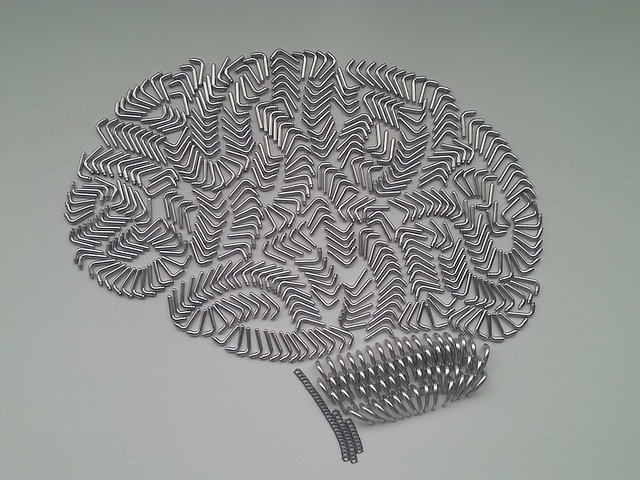
Types of Anxiety & Traumatic Disorders
Panic Disorder:
During a panic attack, a person becomes extremely distressed and experiences both physical and psychological symptoms of panic. Someone that has panic attacks regularly to the point where it is disruptive to their life may have panic disorder.
Generalized Anxiety Disorder:
Someone who has an intense and frequent or constant feeling of worry and tension, even when nothing seems to be causing it, might have generalized anxiety disorder.
Social Anxiety Disorder:
Interacting with people whether it be with strangers or someone you know may cause you to feel excessive nervousness for fear of looking stupid, saying the wrong thing, or showing your anxiety. You may be avoiding social situations that are or have impacted your personal relationships, career trajectory, or personal well-being.
Obsessive Compulsive Disorder (OCD):
If someone is experiencing thoughts that are intrusive or obsessive (they can’t control them or make them stop), they might have OCD. These thoughts often, but not always, can lead someone to do certain behaviours or rituals in order to ease the intrusive thought temporarily. These behaviours can become disruptive to the person’s life.
Specific Phobias:
Someone who has a very strong and overwhelming fear of a situation or an object, even if it doesn’t pose any “real” danger, may have a phobia. A phobia can cause intense physical and psychological reactions. There are many different types of phobias.
Post Traumatic Stress Disorder (PTSD):
Someone who has experienced or witnessed an event or ongoing actions that were perceived as threatening to their body or life (i.e., traumatic). The result is experiencing ongoing intense anxiety, recollections of the trauma, mood or behavioural issues, fear, nightmares, sleep problems, and uneasiness.
Anxiety disorders are not:
WANT MORE INFORMATION?
Contact us today for pricing, wait times, and more information.